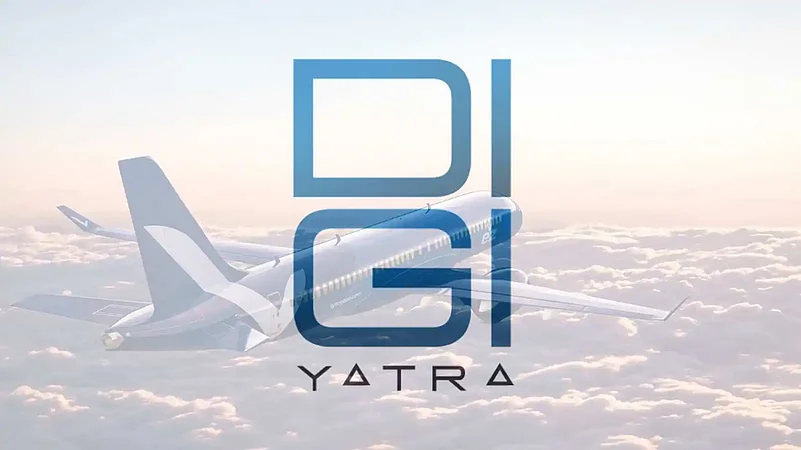Digi Yatra Foundation on Wednesday said the Digi Yatra application has always been under its full control amid controversy with respect to a former vendor that had offered billing account and management services for the application.
According to reports, there are concerns about data shared by passengers on Digi Yatra and that former vendor Dataevolve Solutions had come under investigation.
When asked whether Dataevolve is still associated with Digi Yatra, the foundation replied in the negative.
According to the foundation, Digi Yatra started on the CIC infrastructure of Niti Ayog and later migrated to Dataevolve, which was managing as a managed service provider on behalf of the foundation.
"Only the billing account and management was by Dataevolve," it said on Wednesday.
Last week, the foundation's CEO Suresh Khadakbhavi said that Digi Yatra does not have any passengers' data. "It is only in the phone of the user that the data is residing, and it is in the control of the passenger himself or herself," he had told PTI in an interview.
Based on Facial Recognition Technology (FRT), Digi Yatra provides for contactless, seamless movement of passengers at various checkpoints at airports and currently, there are nearly 5 million users.
On Wednesday, digital rights advocacy group Access Now said the current controversy with Digi Yatra is inherently linked with the flawed nature of the entire project and its inception.
"It remains unclear how a programme involving the use of Facial Recognition Technology (FRT) without restraint at India's airports is being run by a not-for-profit entity, which is actually controlled by five Indian airports, with the Airport Authority of India having only a minor stake of 26 per cent," it said in a statement.
The data shared by a passenger for Digi Yatra is stored in an encrypted format. To avail the service, a passenger must register his or her details on the Digi Yatra app using Aadhaar-based validation and a self-image capture. In the next step, the boarding pass must be scanned, and the credentials are shared with the airport.
At the airport e-gate, the passenger has to first scan the bar-coded boarding pass and the facial recognition system installed at the e-gate will validate the passenger's identity and travel document. Once this process is done, the passenger can enter the airport through the e-gate.
The passenger will have to follow the normal procedure to clear the security and board the aircraft.


























.jpg?w=200&auto=format%2Ccompress&fit=max)




